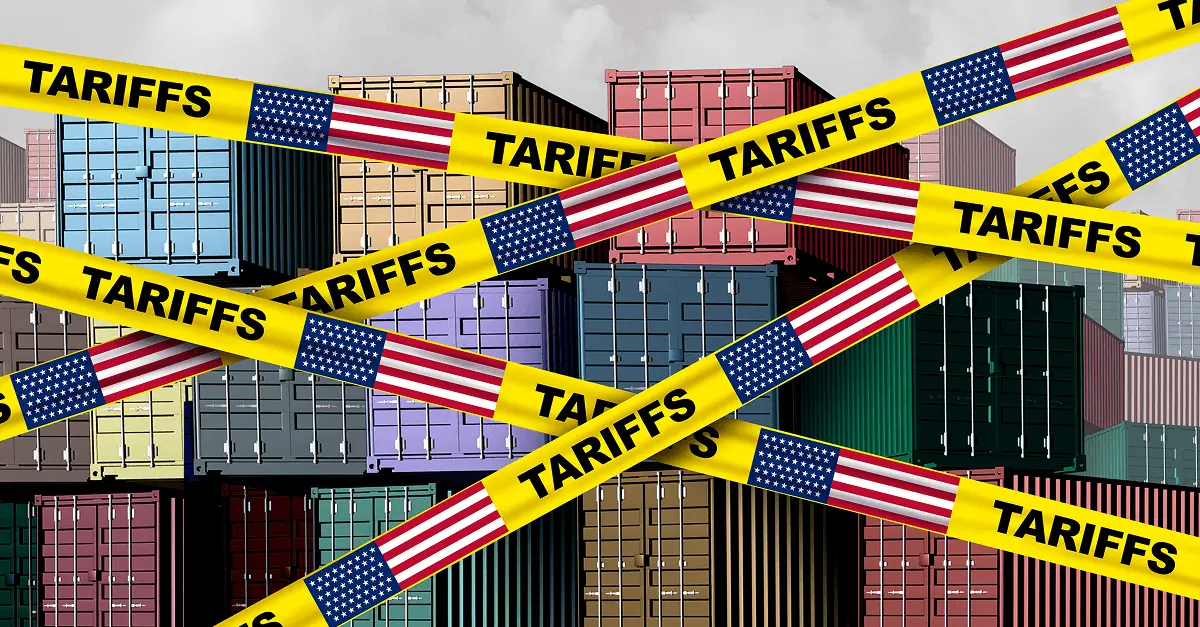As the world teeters on the brink of yet another disruptive era, it is imperative that we, in the Caribbean, confront some uncomfortable truths—truths about our sovereignty, our strategy, and our future.
The Chair of CARICOM, Prime Minister Mia Mottley, recently addressed the region with a speech that painted a sobering picture of our reality: a world under stress from climate disaster, economic uncertainty, a rise in global misinformation, and a looming trade war. Her message was one of measured concern and regional encouragement, calling for cooperation with the United States and internal unity.
But what remains deeply troubling is the patterned posture of our regional leadership—one of pleading for lenience rather than preparing for resilience. We speak the language of sovereignty but practice the habits of dependency.
This contradiction is perhaps most visible in our handling of Haiti. CARICOM has repeated the notion that Haiti must be led by Haitian solutions—an idea that sounds empowering but in practice, serves as a convenient deflection from regional responsibility. Former Chair of CARICOM, Prime Minister Philip Brave Davis, among others, once championed the cause of transformation in Haiti, yet we now see a symbolic show of concern, with no real economic integration, no robust investment, and no movement to place Haiti at the heart of Caribbean development.
And still, while Haiti is left in limbo, we burn valuable political capital appealing to Washington for relief from tariffs and trade disruptions.
Let’s be clear: this is a trade war, and trade wars are not merely about economics—they are about power, control, and survival. With the United States imposing blanket tariffs—including a proposed $1 to $1.5 million levy on Chinese-made ships—we in the Caribbean will feel the ripples in every aisle of every supermarket, hardware store, car dealership, and shipping yard. These are economic earthquakes, and our economies, fragile and import-dependent, are far too close to the epicenter.
The region’s population stands at approximately 45 million. And yet, with all our history, intellect, resources, and culture, we are still behaving like a dependent bloc—not a sovereign union.
We fail to acknowledge that America’s “Make America Great Again” doctrine is not just a campaign—it is a shift in the global order. It prioritizes internal industrial strength and economic protectionism. It enforces control not through invasion, but through gentrification of global trade—pricing others out, closing doors, and redrawing alliances.
And what has CARICOM done in response?
We plead. We point to familial ties in Miami and Queens. We remind the U.S. that we are “not a threat.” But this is not diplomacy—it is desperation masquerading as diplomacy.
We cannot keep appealing for fair treatment in a system that is no longer designed for fairness.
In the midst of this, we must acknowledge a hard truth: we are the ants, while the elephants of global power collide. But even ants, when organized, can survive. Even ants, when united, can build resilient networks underground. Even ants, when deliberate, can outlast the storm.
CARICOM’s responsibility is not to Washington. It is to the people of the Caribbean. And if sovereignty is to mean anything—it must be more than a paper declaration. It must be an actionable doctrine.
That means:
- Investing in intra-regional trade
- Accelerating the 25 by 2025 agricultural initiative and surpassing it
- Building regional shipping and transport corridors
- Integrating Haiti as a strategic partner, not a political project
- Pursuing strategic alliances beyond our dependence on America
We are living in an age of global tribulation. Between war in Europe, economic fractures in Asia, and ideological shifts in North America, the Caribbean cannot afford to wait for the storm to pass. We must move, act, and build—together.
It’s time to stop borrowing sovereignty.
It’s time to start living it.
God bless our Caribbean civilization.



